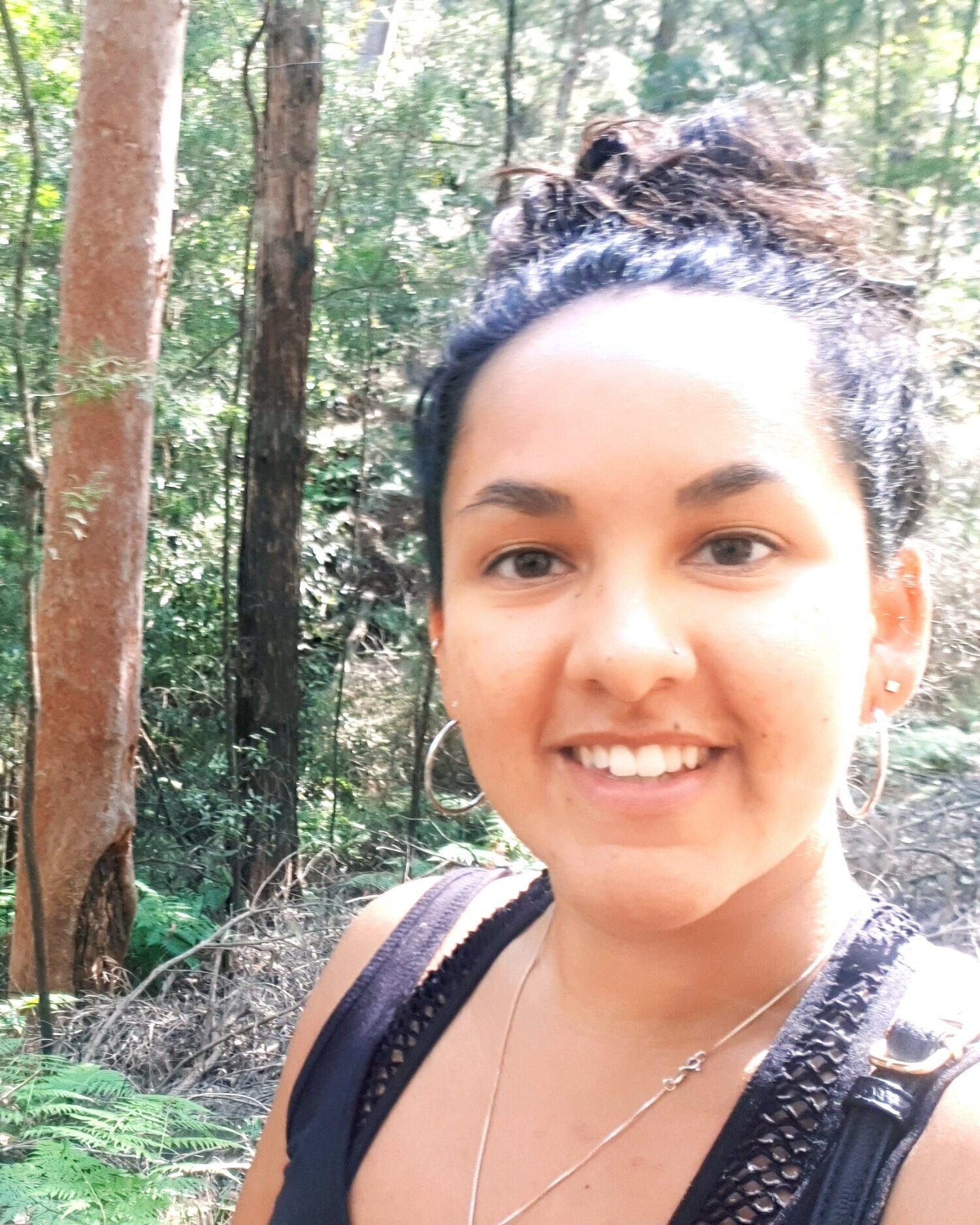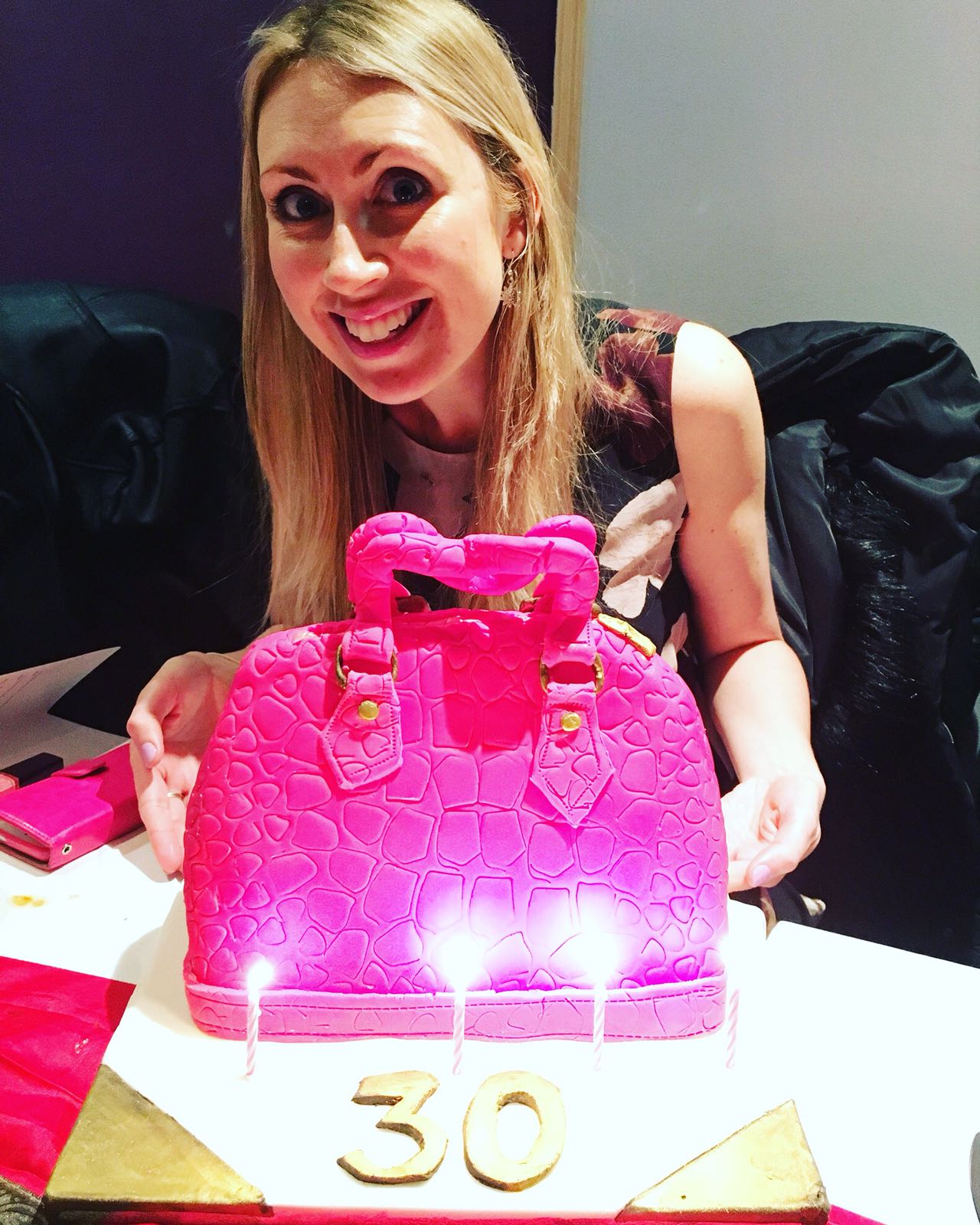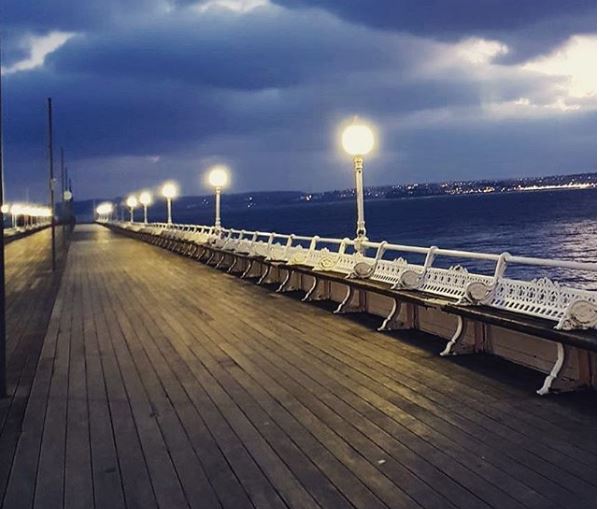2020 is more than just “coronavirus year”. It marked a new decade in its twenties, a time that this blog usually celebrates. Hey, it’s in the name! To positively mark this year, I interviewed my mum and my grandma, and narrate myself, shining a light on what being a woman in her 20s was, and is, like across three generations.
While society and technology have both changed in the 60-odd years between my grandma and I, when you take it back to the bare bones, the four pillars of work, love, friendship and travel, has much changed?
Please note: These are solely the experiences and opinions of three individuals.
Work
In my line of work, free work - or internships - are essential to get anywhere. Aged 20-21, I completed many, before starting my ‘proper’ career at 21. I’ve had multiple permanent and freelance roles across three countries since, the only gaps in my CV are this year, and in my two most ‘formative’ jobs - the ones I stuck with for two to three years - I had a great set of friends. Sometimes the lines of ‘work’ and ‘social’ blurred, but in my opinion, it created a more positive work environment, encouraging me to actually come in every day, even when the work itself became less riveting. My Grandma had a similar experience:
“Work was the social life - and it was nice! You met people, you chat, you had friends - work was a happy place. You only went home to eat and sleep.”
My Grandma worked in Trinidad, Canada and then England in her 20s, working as a secretary, did odd jobs like marking papers, then became a teacher.
In my mum’s 20s, she worked in retail, catering, a travel agency, telesales adverting, advertising in newspapers (and then, in her 30s became a midwife, followed by a health visitor - read more about why it’s okay to change your career). She said:
“It was relatively easy [to get a job] as jobs were plentiful for qualified and unqualified 20-somethings. For one job, when I was 22, the interview was challenging as I was put through scenarios and on the phone, telesales role plays, as well as a panel of interviewers.”
These days, the interview process is pretty relentless! You’re put through what feels like a billion interview stages, multiple forms and tasks, and sometimes, that’s even before the employer has even looked at your CV or covering letter. There’s many a tactical hiring and false promises made too, but that’s just the nature of it these days. In my experience, my first-class degree and specialist diploma has got me some places, but more often than not, it’s been my previous experience and this blog, coupled with the way I present myself at interview stage (if I got there). During job hunts, I’ve sent out anywhere from 70 to 130+ applications. Grandma added:
“It was very easy [back in my day]; it was nothing like today - one interview, sometimes just a chat and that was that. Who you knew helped you get in too. I had good qualifications and came from a good family and one of the best schools; in one of my jobs, I promoted within a month of being there.”
Grandma reiterated that hard work was essential, but she quipped something I loved the sound of, that took place years later (in her 30s - but it’s so lovely, I had to include it in this piece):
“On lunch breaks, I would head down to Tottenham Court Road, meet your Grandad and have a dance. Then we’d head back to work.”
And, in terms of gender equality? Grandma said:
“Because of my background and education - and because I was a bit pushy - I never felt gender inequality. When they saw I was doing my thing, they didn't mind. I was one of very few non-white women, and in one of my roles, I was the only woman on the floor.”
My mum said:
“I managed to match my male peers in the workplace at that time. We were treated equally and, in sales, everyone had a fair chance to hit targets and earn money. In my later years, in a gendered profession, I find there is a difference in my experience - specifically in nursing and midwifery - men [seem to] access senior management roles and get promoted quicker than women.”
Love & dating
My mum in her 20s
Dating has changed drastically over the years - even in the noughties alone. In the last two decades, meeting a new partner has gone from chance meetings and blind date setups, to dating websites, now to apps where you can swipe on 50+ potential partners in less than a minute (depending how much time you’re spending actually scrutinising the profiles). And, there’s one thing for sure these days: you really have to weed out who is there to date and who is there for a quick something else… Dates can be anything from a picnic to dinner, to drinks, to the very millennial activity of mini-golf.
During my dating experience, I met men in a range of ways. There have been a few from apps, a few from nightclubs, one or two I worked with. I prefer a chance meeting or meeting through friends, which is how I met my current partner.
My mum mused:
“I don't understand dating these days: I know people tend to look for dates online and on apps, but I’m quite old fashioned and prefer to meet people at work or in my social groups. That way, we already have something in common and I can vet people with my intuition and can see how they react to others and in certain situations. I feel dating apps just list attributes, which is just that: a list. If I were in my 20s now, I would probably be single as I wouldn't use dating apps!”
My mum met her first properly serious partner at 20, introduced by a mutual friend, and got married just before her 24th birthday. I find that incredibly young to be making such a commitment to relationship, and she also agrees.
In terms of what dating was like, my mum mentioned going to the cinema, parties and dancing in clubs, as well as visiting parks and leisure parks.
Grandma was a bit more reserved when talking about this subject - perhaps a sign of the times.
“I had friends who were boys mainly - but I was quite boyish. We'd ride bikes, do lessons, especially languages. I had one or two special ones, but we were just friends, walking and going to church. “
She also mentioned how she was sent letters (“lovely, lovely letters”) and they went for dances. She also laughed that “[she] didn't really stay in one place long enough!” in her 20s.
Friendship
My Grandma
I am very fortunate to have formed a few core friendship groups, with people I met at uni, work, or in my longest friend’s case, at secondary school. Thanks to my travels, I also have some really good friends in many places outside of the UK too. It’s nice; I always feel I have someone I can reach out to, laugh with, just relax with. I’ve been on holiday with a fair few of my friends, had wild nights out, enjoyed relaxed meals, cook-offs and games nights. Living in Australia, I really relied on some of these friendships, especially when I felt lonely, 10500 miles away from all familiarity.
Grandma reflected on her friendships in Canada, telling me how she was a little older than the others at university, but she made great friendships, going to night classes, studying together, going to church, and even little trips, for example, to Montreal. They would also go to the cinema or university shows.
My mum noted how her friendship groups have changed throughout her life - from college to colleagues university to spiritual groups and mummy groups - and they were often groups of four or five. However, there are still many she keeps in contact with, especially through social media.
“I did all sorts of things with my friends, from going out and socialising at clubs, pubs and parties, cinema, concerts, later mum and baby groups, cafes, restaurants…”
Travelling
Well, this whole website is mostly based on my travels, so it’s clear I do it in my 20s, hey. How I travel changes dependent on the country; either I travel with friends, on my own, or join a tour. The beauty of having friends all over is that I often fly on my own, but have someone meeting me and being with me in the country I am exploring. In my 20s, I am open to talking to strangers (within reason) and making friends abroad too - something I had to do when I moved to Australia.
I initially travelled in Europe, but with travel tours and companies like STA (RIP), you can put a deposit down and pay closer to the time, meaning the countries that 20-somethings (and their bank balances) have access to has vastly expanded. My tours around Cuba and Morocco were both incredible, and something I’d have been unable to do without this style of travel.
More often than not, budget plays heavily on my mind when booking a trip. Also, I live by a budget, so that I can travel the amount that I do. One day, I would like to choose outlandish AirBnbs without looking at the price, or not just opt for ‘Standard room’ - but this will all come. I know I am very lucky to be able to travel as I do right now.
Like me, Grandma’s experience in her 20s was less about travelling glamorously and rather about adventure (though she would have many a luxury travel experience during the next stage of her life, as my Grandad worked for an airline).
“[My friends and I] went by car from Toronto to Florida and stayed a week. One night, we slept on the beach. The police came and told us we couldn't sleep there, so we went to get a caravan and we went around in that instead! Sleeping under the stars, sleeping under the trees - people never bothered us then.”
On another occasion, with a different friend, they went from Nova Scotia to Toronto, and her friend smuggled her dog on the coach. She recalled:
“Two bush pilots were looking for someone, and they thought we were hiding something - they bought us breakfast, when they realised it was a dog!”
My mum’s travels were often in the UK, like Manchester and Wales, and in Europe, travelling with her best friend or her partner.
“Travelling to Nerja, Spain, when I was 22 was my favourite from that decade. We rented motorbikes - it was fun! Back then, we had the money at that age, unlike today.”
When you take away societal views and technology, there aren’t many stark differences between my mum’s, my grandma’s and my experiences in our twenties, apart from dating; the other three pillars have many similarities. This could be down to the fact we are all from the same family, but we had quite different upbringings (particularly in the case of my Grandma who was born and grew up in Trinidad).
Whatever the reasons, I hope this article shows that whatever your age and differences, there are always shared experiences you can bond over, especially this year when we may feel further away from people than we’d like, be it physically or mentally.






















